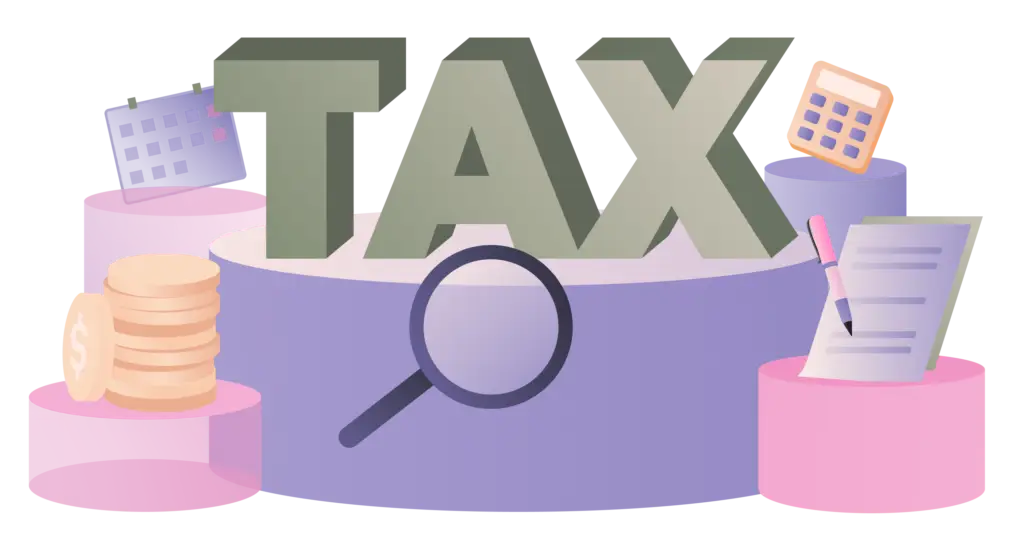What College Students Working Jobs Need to Know About Filing Taxes
Balancing work and college can be tough, but it’s also a great way to gain experience and earn money. However, with that income comes an important responsibility: filing taxes. Many college students are filing taxes for the first time and may find the process confusing. Don’t worry! This guide will explain everything you need to know about filing taxes as a college student, from understanding key documents to claiming deductions and credits. With the right knowledge, you can make tax season a breeze and even save some money along the way.
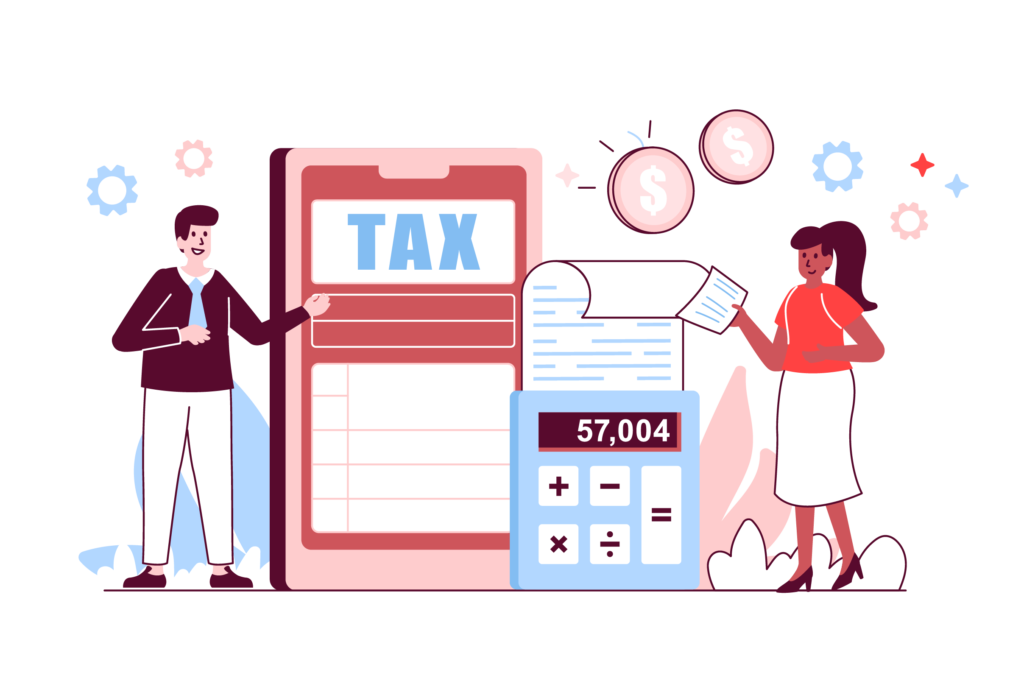
Why Do College Students Need to File Taxes?
Filing taxes is the government’s way of keeping track of income and ensuring that people pay their share. If you’re working a part-time or full-time job while in school, you’ll likely need to file taxes.
When Do You Need to File?
- If you earned income: In 2024, you must file a federal tax return if your income is $14,600 or more as a single filer. Even if you earned less, you might want to file to claim a refund.
- If you had taxes withheld: Check your pay stubs. If your employer withheld taxes from your paycheck, you might be eligible for a refund even if you didn’t meet the income threshold.
- If you received scholarships or grants: Some scholarships or grants may be taxable if they exceed your tuition and education-related expenses.
Fun Fact:
About 20% of college students miss out on refunds because they don’t file their taxes! This often happens because students mistakenly think their income is too low to require filing or they overlook potential refunds from withheld taxes. By filing a tax return, students can recover money that they’ve earned, which can be especially helpful for covering school or living expenses.

Gathering the Documents You Need
Before you file, you’ll need some key documents. Keeping everything organized will make the process easier.
Important Documents:
- W-2 Form: This form is sent by your employer and shows how much you earned and how much tax was withheld.
- 1098-T Form: This form is provided by your school and shows tuition paid and scholarships received.
- 1099 Form: If you worked as an independent contractor, you’ll receive this form instead of a W-2.
- Bank Statements: If you earned interest on savings accounts, you’ll need to report it.
- Receipts for Education Expenses: Keep receipts for books, supplies, and other educational costs.
Tip:
Create a folder (digital or physical) to store all your tax-related documents throughout the year.
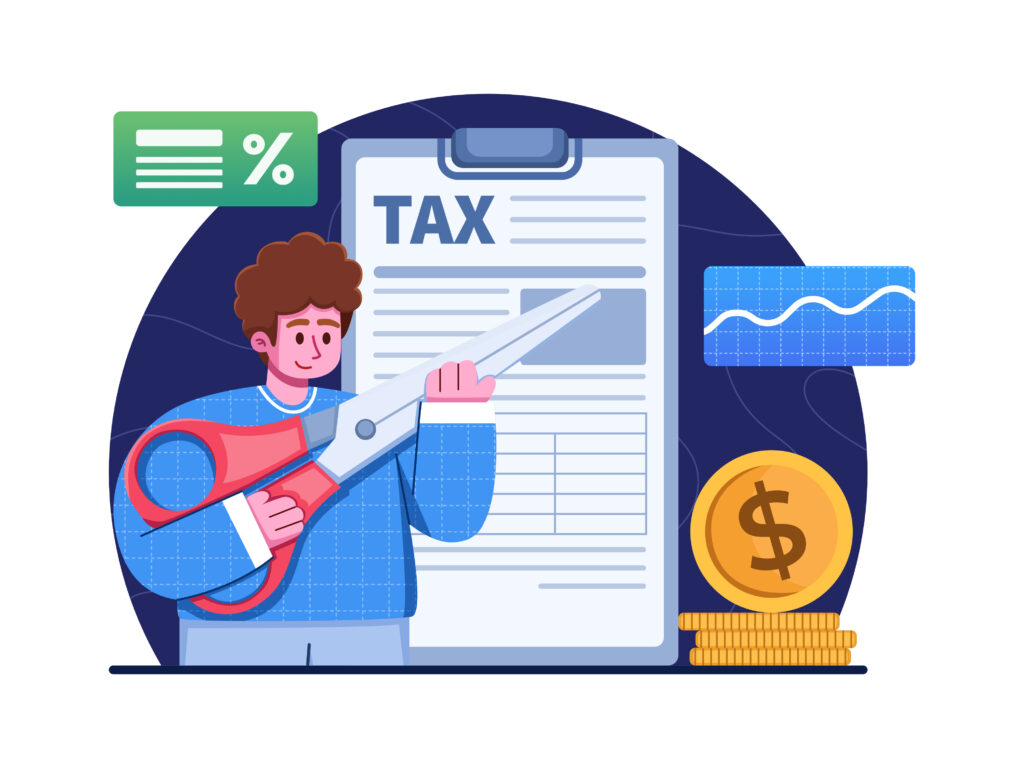
Understanding Tax Deductions and Credits
Tax deductions and credits can lower the amount of taxes you owe or increase your refund. Here are the most common ones for college students.
Tax Deductions:
- Student Loan Interest Deduction: You can deduct up to $2,500 of student loan interest paid during the year.
- Education Expenses: You may be able to deduct expenses like books, equipment, and supplies required for your courses.
Tax Credits:
- American Opportunity Tax Credit (AOTC): Worth up to $2,500 per year for eligible students during their first four years of college.
- Lifetime Learning Credit (LLC): Up to $2,000 per year for students taking courses to improve skills.
What’s the Difference?
- Deductions reduce your taxable income.
- Credits directly reduce the amount of taxes you owe.
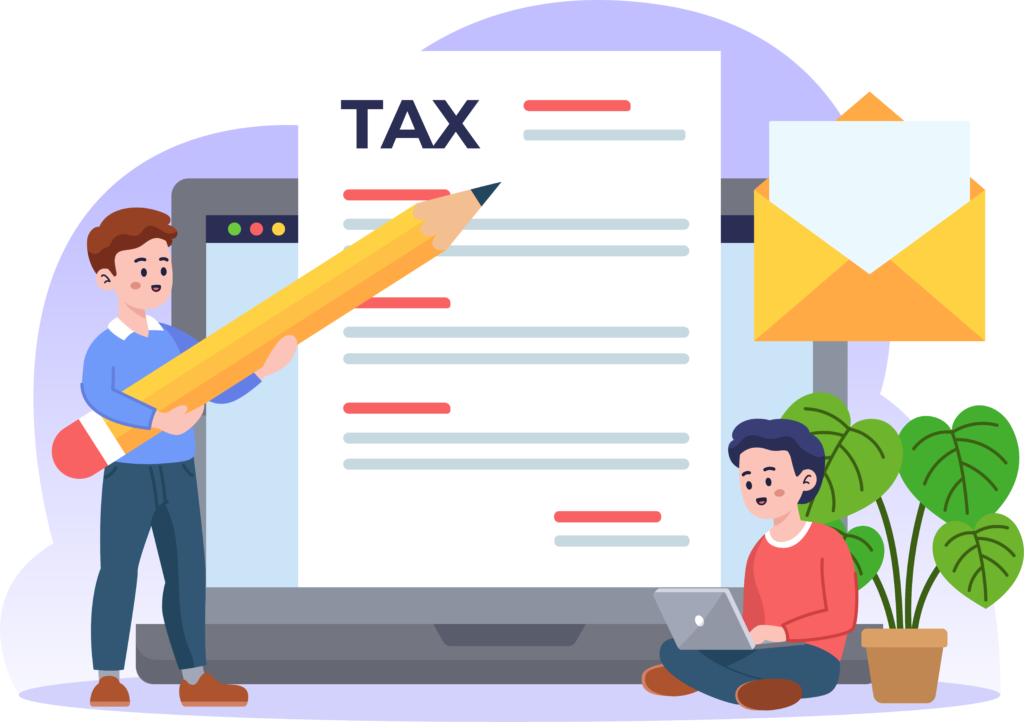
How to File Your Taxes
Filing taxes might seem complicated, but there are several ways to make it manageable.
Step-by-Step Guide:
- Gather Your Documents: Make sure you have all the necessary forms and receipts.
- Choose How to File: You can file online, use tax software, or work with a professional.
- Fill Out the Forms: If filing online, the software will guide you through the process. If filing by hand, you’ll need to complete IRS Form 1040.
- Double-Check Everything: Mistakes can delay your refund or cause problems later.
- Submit Your Return: File electronically for faster processing or mail in a paper return.
Free Filing Options:
- IRS Free File: If your income is under $84,000, you can use free online tax software provided by the IRS.
- Volunteer Income Tax Assistance (VITA): Offers free help to students and people with lower incomes.
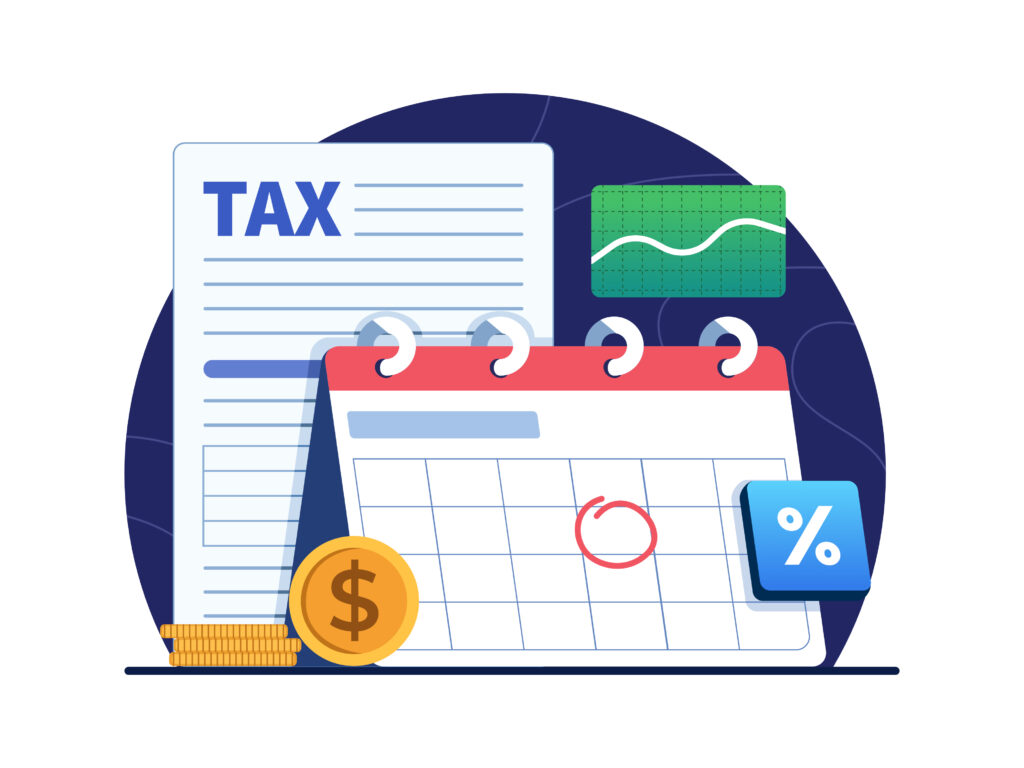
Common Tax Mistakes College Students Make
Even with the best intentions, it’s easy to make mistakes when filing taxes for the first time. Here are some common errors and how to avoid them.
Mistake #1: Not Filing at All
Some students assume they don’t need to file because they didn’t earn much. However, filing could mean getting a refund.
Mistake #2: Forgetting to Report All Income
If you had multiple jobs or earned freelance income, make sure to include everything.
Mistake #3: Missing Out on Credits and Deductions
Many students overlook education-related credits and deductions that can save them money.
Mistake #4: Filing Late
Taxes are usually due by April 15th. Missing this deadline can lead to penalties and interest charges.

Special Situations for College Students
Working Part-Time or Freelance Jobs
If you work a part-time job, your employer likely withholds taxes for you. Freelancers, on the other hand, are responsible for paying self-employment taxes (15.3%).
Tip:
Set aside about 25-30% of your freelance income for taxes to avoid surprises.
Scholarships and Grants
Scholarships used for tuition and required fees are tax-free. However, if you use scholarship money for living expenses or travel, it may be considered taxable income.
Filing Taxes as a Dependent
Most college students are claimed as dependents by their parents, which can affect how you file taxes.
Who Can Claim You as a Dependent?
- Your parents can claim you if they provide more than 50% of your financial support and you’re under 24 years old.
- If your parents claim you, you can still file your own tax return, but you must indicate that someone else is claiming you.
Fun Fact:
Parents can also claim education-related tax credits for dependent students, which can save them money.
How Taxes Affect Financial Aid
Filing taxes can impact your eligibility for financial aid through the Free Application for Federal Student Aid (FAFSA). FAFSA uses tax information to calculate your Expected Family Contribution (EFC).
Tips to Keep in Mind:
- Filing taxes on time ensures your FAFSA application is accurate.
- If you’re working, report your income accurately to avoid issues with financial aid.
Preparing for Next Year’s Taxes
Once you’ve filed your taxes, start preparing for the next year to make the process easier.
Tips:
- Track Your Income: Keep a record of all jobs, freelance work, and other earnings.
- Save Receipts: Store receipts for education expenses and other deductible costs.
- Set Reminders: Mark important tax dates on your calendar, like the W-2 distribution deadline (January 31st).
Fun Fact:
Students who stay organized throughout the year spend 50% less time filing their taxes. This is because they already have all their documents, receipts, and forms prepared, reducing last-minute scrambling. Staying organized also minimizes errors and increases the likelihood of claiming all eligible deductions and credits.
Conclusion
Filing taxes might seem overwhelming at first, but it’s an important skill to learn. By understanding the basics, staying organized, and taking advantage of free resources, college students can file their taxes confidently and even save money. Whether you’re earning a part-time paycheck or receiving scholarships, remember that filing taxes is your way of staying on top of your financial responsibilities. Happy filing!
This article is intended for informational purposes only and does not constitute professional tax advice. Every individual’s tax situation is unique, and students are encouraged to consult a licensed tax professional for personalized guidance.
